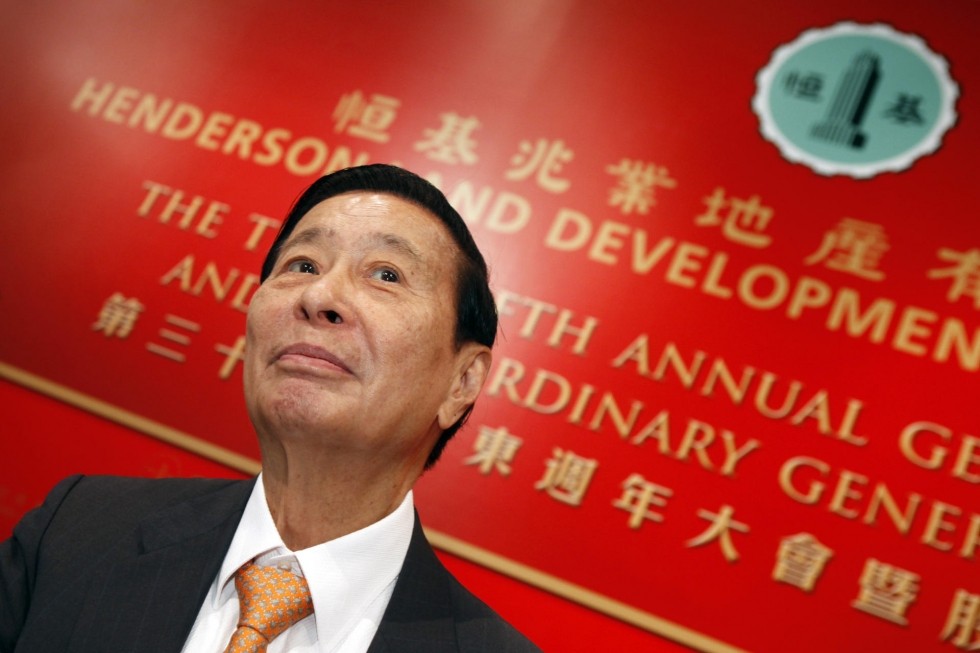Meet the billionaire hedgefund manager at the center of Argentina s default The Washington Post
Post on: 16 Март, 2015 No Comment

Paul Singer, principal of Elliott Management USA, speaks during the session “Managing a ‘Balance Sheet’ Recovery” at the 2011 annual meeting of the World Economic Forum in Davos, Switzerland, on Jan. 27, 2011. (Moritz Hager/World Economic Forum)
When Argentina defaulted on its debt for the second time in 13 years this week, it was largely because of the legal pressure applied by one group of investors led by billionaire hedge fund manager Paul Singer.
It is unusual for a country to fail to make a scheduled payment on its government bonds as Argentina did Wednesday, when it missed a deadline for more than $500 million in interest payments that were due to bondholders. But what makes this case even more curious is its link to Singer, who has become known for picking — and winning — fights with foreign governments over his hedge fund Elliott Management’s investments.
He’s tussled with Peru, taking the country to the brink of default in 2000. He’s taken on Congo-Brazzaville, pushing the country to settle after he uncovered alleged corruption within the country’s government.
But he’s never gone as far as he has with Argentina, which the ratings agency Standard & Poor’s declared in selective default on Wednesday, meaning that it has the wherewithal to pay its creditors but will not agree to.
Argentina’s debt troubles date back to its last default in 2001, when it gave up on its sovereign debt payments to its bondholders. As the country’s finances rebounded, the majority of the country’s creditors agreed to a restructured debt package, but a handful turned the deal down. Led by the NML Capital division of Singer’s hedge fund, a group of holdout creditors have pushed Argentina to repay them in full, $1.5 billion. (Elliott officials have also said they would be willing to negotiate the terms.)
Argentina says a large payment could expose it to a cascade of claims that it cannot afford to pay.
The creditors have sued the Argentinian government, scoring a victory in 2012 when a federal court in Manhattan ruled that Argentina must first pay the holdouts before paying its other bondholders, leading to the country’s default on Wednesday.
Argentinian politicians and their supporters have blamed the hedge funds for refusing to compromise, but Singer’s hedge fund denied culpability for the default of one of Latin America’s largest economies and say they have been willing to negotiate a deal.
“During this process, the [negotiations mediator Daniel Pollack] proposed numerous creative solutions, many of which were acceptable to us,” NML said in a statement. “Argentina refused to seriously consider any of them, and instead chose to default.”
Singer and other distressed-debt investors like him buy the debt of some of the world’s financially strapped countries in the hope of later collecting a mammoth profit. When countries can’t or won’t agree to pay up, distressed-debt hedge funds take them to court. These hedge funds say they are simply collecting on their legitimate debt holdings, but critics call them “vultures” who prey on developing countries and unsettle the global economic balance.
Collecting such debts is not an easy investment strategy nor one that inspires positive news coverage.
“Elliott does not seek such publicity,” Singer said of the hedge fund’s dispute with Argentina in a note to investors at the end of the second quarter this year. Still, he continued, “one of the reasons that we continue to see attractive opportunities, even in the current yield-hungry environment, is that complex, labor-intensive situations are not everyone’s cup of tea.”
While distressed-debt investing remains a niche investment strategy, it has boomed since the recession. Total assets in the 300 hedge funds that buy up distressed and restructuring debt reached about $183.8 billion at the end of the second quarter of this year, a $100 billion increase since 2008, according to Hedge Fund Research.
Within the distressed-debt market, Singer is a leader. A prominent Republican donor with libertarian views, he’s never been one to shy from a fight and has been an ardent critic of the Federal Reserve.
It’s unclear just how much Singer stands to make if he can force Argentina to pay up, because it’s not known how much his hedge fund originally bought the defaulted debt holdings for. But Mark Brodsky of Aurelius Capital Management, another one of the creditors holding out against Argentina, said last year that his hedge fund stands to make some $500 million in profit if it wins the dispute.
Several financial historians said they can’t remember another time that hedge funds had pulled a government into default, though they noted that there was some precedent for litigation surrounding sovereign debt.
“The whole affair is reminiscent of vulture investors 25 years ago who would buy up distressed debt at a deep discount and hope to profit on subsequent good news,” Charles Geisst, a finance professor at Manhattan College, said in an e-mail. “But taking a large debtor to court is a more recent development and illustrates the extent of the profit to be made if they are successful.”
Although talks between Argentina and the hedge funds have been unsuccessful thus far, an accord could still be reached out of court. Citing an unnamed source, the Wall Street Journal reported Thursday that JPMorgan Chase could step in to buy the disputed bonds.
The Argentine 30-year bond took a hit Thursday in light of the country’s default, falling by 13 percent at its lowest point of the day before recovering to close down by 7 percent.
The Argentine Embassy in the District declined to comment Thursday on the dispute.
This story has been updated.














